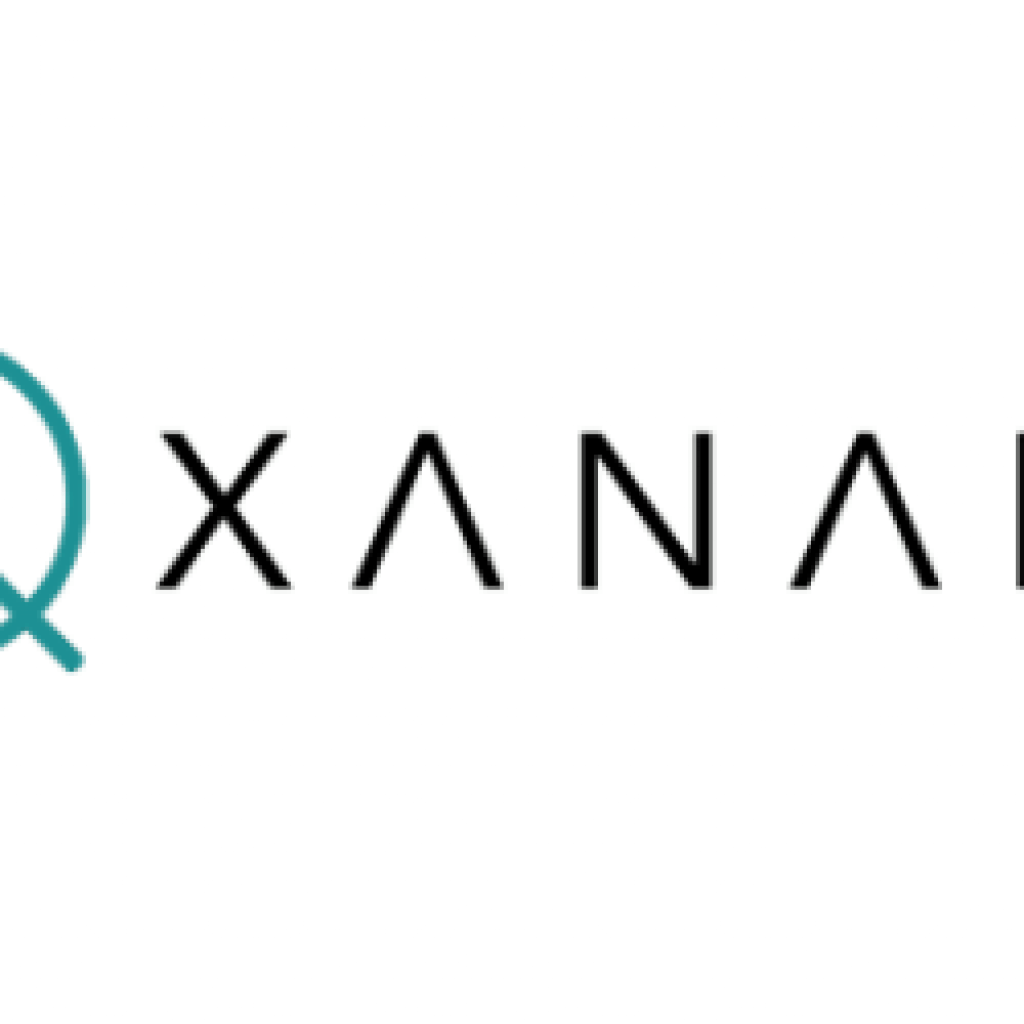(KCRG) Xanadu has announced its Borealis, a programmable photonic quantum computer with 216 squeezed-state qubits that outperforms the best classical supercomputers at a specific task, available to people everywhere via Xanadu Cloud and Amazon Braket. IQT-News shares the announcement below.
Xanadu has demonstrated quantum computational advantage using Borealis, their newest photonic quantum computer. It is the first photonic quantum computer offering full programmability of all its gates to demonstrate quantum computational advantage, and the first time that a machine capable of quantum advantage has been made available to the public in the cloud. This achievement, published in Nature, is a significant milestone on the path to building a large-scale, fault-tolerant quantum computer, and a pivotal step in Xanadu’s mission to build quantum computers that are useful and available to people everywhere.
Quantum computational advantage is achieved when a quantum computer outperforms the world’s fastest supercomputers, running the best known algorithms, on a well-defined task. Borealis synthesizes a quantum state of 216 squeezed-state qubits, entangled in three dimensions according to the user’s specified program. It then generates samples from this state at a rate exceeding the capabilities of any existing classical supercomputer. Using direct simulation, the fastest supercomputer in the world would take approximately 9,000 years to generate a single such sample, compared to 36 microseconds for Borealis. This runtime advantage is more than 50 million times larger than that of earlier photonic demonstrations.
“We are thrilled to have deployed quantum computational advantage on the cloud publicly for the very first time for users around the world”, says Christian Weedbrook, founder and CEO of Xanadu. “This is another big milestone for quantum computing. And it shows the exceptional talent we have here at Xanadu as well as the ability for photonic quantum computers to scale up.”
This demonstration marks the first time quantum computational advantage has been achieved in Canada, and also the first time anywhere by a startup company. Additionally, several technologies developed for this machine solve key challenges in the development of fault-tolerant quantum computers. Such computers have the potential to unlock computational power that will solve an array of intractable problems in fields as diverse as next generation battery development, drug discovery, finance, and logistics.
Borealis is accessible to anyone with an internet connection over Xanadu Cloud, and will also be available via Amazon Braket, the fully managed quantum computing service from AWS.
“With Borealis on Amazon Braket, for the first time, any researcher or developer will be able to validate a claim of quantum advantage and evaluate how photonic quantum computing may eventually expand their choice of compute technologies, enabling them to innovate more quickly,” said Richard Moulds, General Manager of Amazon Braket at AWS.
The team at Xanadu continues to focus on the next monumental hurdle in quantum computing — achieving fault-tolerant quantum computation and developing industry-relevant applications. Customers can access Borealis on Xanadu Cloud beginning today or soon via Amazon Braket.
About Xanadu: Xanadu is a Canadian quantum technology company with the mission to build quantum computers that are useful and available to people everywhere. Founded in 2016, Xanadu has become one of the world’s leading quantum hardware and software companies. The company also leads the development of PennyLane, an open-source software library for quantum computing and application development. Visit www.xanadu.ai or follow us on Twitter @XanaduAI.
Sandra K. Helsel, Ph.D. has been researching and reporting on frontier technologies since 1990. She has her Ph.D. from the University of Arizona.
